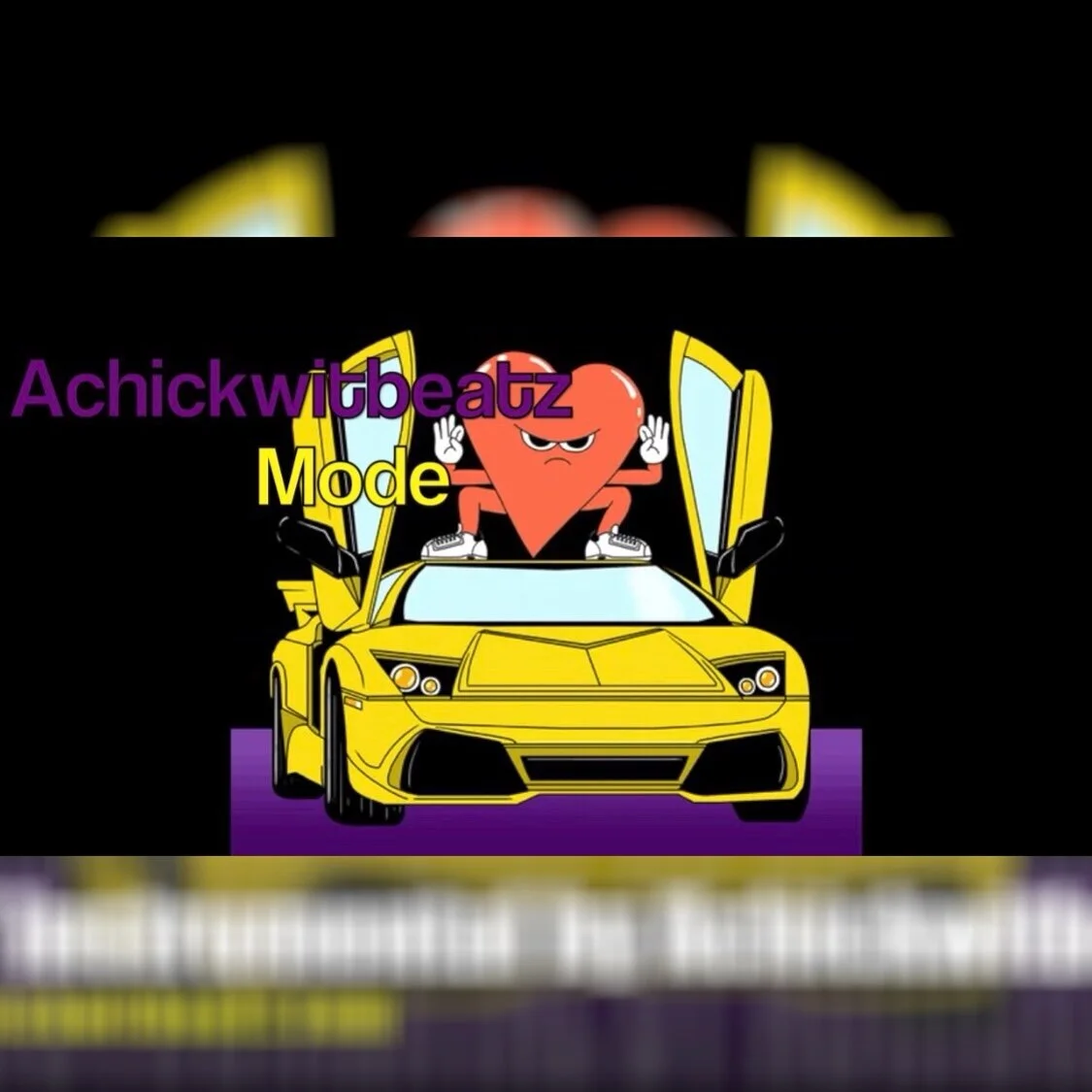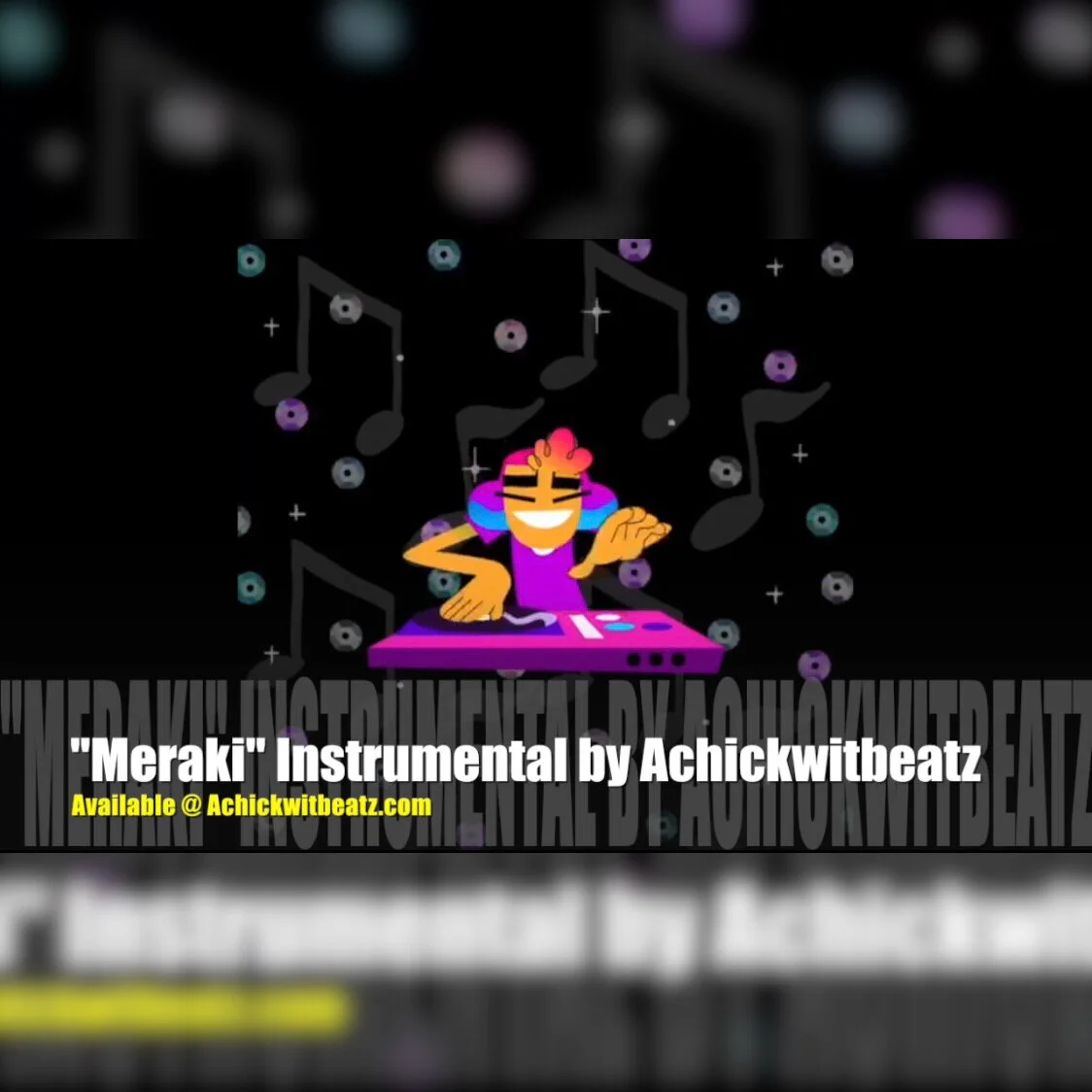Photo by Javier González Fotógrafo on Unsplash
A website provides a digital presence for independent artists, and serves as the central hub where fans, industry professionals, and collaborators can discover and engage with your music, story, and brand. Unlike social media platforms, which can change algorithms or restrict reach at any time, a website is an asset that you fully control. Research shows that a thoughtfully designed and regularly maintained site can enhance fan engagement, support merchandising, promote live shows, and build credibility with industry contacts.
Choosing the Right Platform For You
Photo by Hannes Köttner on Unsplash
Selecting the right platform is a crucial first step, as it determines how easily you can create, update, and maintain your website. Modern website builders have made it fairly easy to launch professional sites without coding knowledge, providing tools tailored to independent artists. These platforms differ in terms of design flexibility, built-in music features, and ease of maintenance, so choosing the right one depends on your specific priorities and workflow.
Some of the most effective platforms include:
Squarespace: Polished templates, drag-and-drop design, and automatic mobile optimization, making it ideal for artists who want a professional look quickly.
Bandzoogle: Built specifically for musicians, offering music players, email collection, tour calendars, and merchandise tools.
Wix: Offers flexible layouts for creative control, though complex designs can sometimes affect performance.
WordPress.com: Provides customization through plugins, suited for those willing to invest extra time in setup and ongoing maintenance.
Each option allows independent artists to establish a professional online presence without technical expertise, while the right choice will match your specific goals and workflow.
Securing Your Domain Name
Photo by Markus Winkler on Unsplash
A domain name is one of the first impressions you make online and plays a critical role in discoverability and branding. A well-chosen domain communicates professionalism, is easy for fans to remember, and helps ensure your website can be easily located across search engines and social media platforms.
When choosing a domain:
Keep it simple and memorable: Avoid hyphens, numbers, or unusual spellings that could confuse visitors.
Use a standard extension: .com is preferred, but alternatives like .band or .music are acceptable.
Register under your own name: Maintain control of your website and avoid complications if you change platforms.
Consider small modifiers: Adding words like “official” or “music” can help secure a domain if your preferred name is taken.
A professional domain name sets a strong foundation for the credibility and accessibility of your website.
Designing for Fans and Industry Contacts
Photo by charlesdeluvio on Unsplash
The design of your website should serve two primary audiences: fans and industry professionals. Fans want easy access to music, show dates, and merchandise, while industry contacts need a clear biography, press-ready images, and music samples. Creating a homepage that immediately communicates who you are and what you offer is essential for engagement.
Important design considerations include:
Navigation: Clear menus that direct visitors to pages like Home, Music, About, Tour, Store, and Contact.
Brand consistency: Limit the number of fonts and colors to create a cohesive and professional look.
Mobile-friendly design: Test your site on various devices to ensure all elements display correctly and are easily clickable.
Prioritizing user experience through thoughtful design builds credibility and ensures that visitors can access the content they want without friction.
Building Core Pages
Photo by Nick Morrison on Unsplash
A strong website relies on several core pages that organize content and guide visitors through your music and offerings. These pages should provide context, support fan engagement, and present your work professionally.
Key pages include:
About Page: Concise biography highlighting career achievements, collaborations, and musical influences.
Music Page: Embed tracks and videos directly, with links to streaming or purchase platforms.
Tour/Events Page: Display upcoming performances and relevant event details.
Merch/Store Page: Sell physical or digital products directly to fans.
Contact Page: Include a form or email address, along with a downloadable press kit containing photos, bio, and music links.
Building these pages ensures both fans and industry professionals can navigate your site effectively to engage with your work.
Search Engine Optimization (SEO)
Photo by 1981 Digital on Unsplash
SEO increases your website’s visibility, helping fans and professionals discover you online. Even basic SEO practices significantly enhance discoverability and do not require advanced technical knowledge.
Essential SEO steps include:
Use your artist name consistently in page titles, headings, and throughout content.
Add meta descriptions for each page to improve search result visibility.
Include alt text for images to improve accessibility and indexing by search engines.
Use internal linking to connect pages logically (e.g., About → Music → Store) to improve navigation and SEO.
Applying these practices will help search engines understand your site and make it more likely that new fans will find your work.
Mobile Optimization
Photo by Howz Nguyen on Unsplash
A large portion of website traffic comes from mobile devices, making responsive design essential. Mobile-friendly websites improve the user experience and increase engagement with fans.
Ensure your site:
Displays text clearly without the need for zooming.
Provides accessible navigation buttons.
Supports embedded media such as music players or videos without glitches.
Testing across multiple devices ensures visitors can interact with your site seamlessly, regardless of the device they are using.
Building an Email List
Email remains one of the most reliable ways to communicate directly with fans. It allows you to control your messaging and maintain consistent engagement without having to rely on social media platforms.
Strategies for building and maintaining an email list include:
Prominent signup forms on your homepage and other high-traffic pages.
Offer incentives such as early access to releases, exclusive content, or merchandise discounts.
Send regular updates that are valuable and concise, avoiding spammy or overwhelming content.
A solid email list helps strengthen fan relationships and provides a dependable channel for promoting music, shows, and products.
Maintenance and Updates
Photo by Amith Nair on Unsplash
Regular maintenance keeps your website professional and functional. Outdated content or broken links can damage credibility and frustrate visitors.
Best practices include:
Updating tour dates, releases, and visual content frequently.
Checking links and embedded media to ensure everything functions properly.
Refreshing banners, hero images, or featured content to reflect current projects.
Consistent maintenance reflect an active and engaged music career, which benefits both fans and search engine rankings.
Making Your Website a Career Hub
With thoughtful execution, your website offers a reliable space to present your work and connect directly with your audience. Unlike social media, it’s is fully under your control. By selecting the right platform, securing a professional domain, designing for clarity and usability, building core pages, applying SEO, optimizing for mobile, integrating an email list, and maintaining regular updates, your site can support fan engagement, merchandise sales, and industry credibility. A carefully managed website ensures your online presence grows alongside your music career, helping you reach new fans and sustain professional opportunities.
- Art
- Independent Labels
- Internet Radio
- Music Documentaries
- Album Reviews
- Music History
- Music Industry News
- Free Game Friday
- Free Downloads
- Poetry
- Books
- Interviews
- Did You See It?!
- Hip Hop History
- Hear Here
- Music News
- Hip Hop Documentaries
- Music Marvels Radio Show
- Think Piece Thursday
- Mini Documentaries
- Instrumental Intel
- Music Humor
- Indie Analysis
- Conversations & Quotables
- Music
- Resources for Artists
- Podcasts
- Beats/Instrumentals
- Music Education
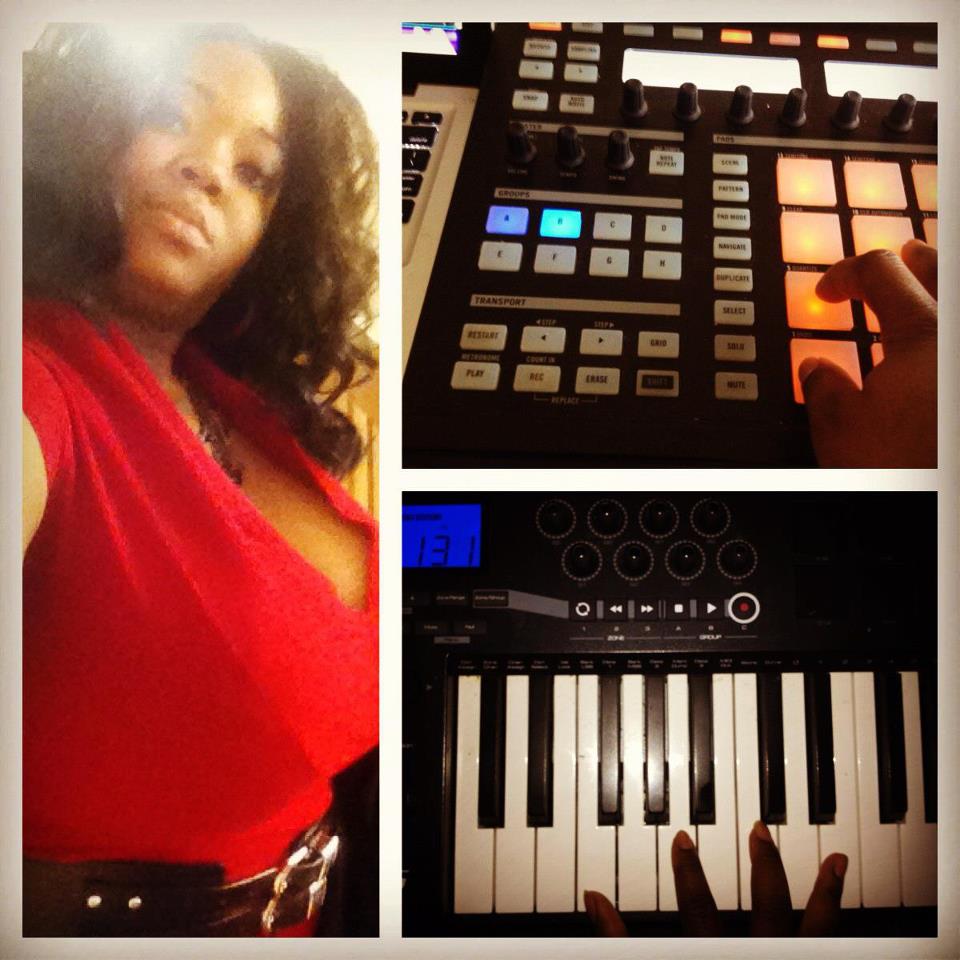



















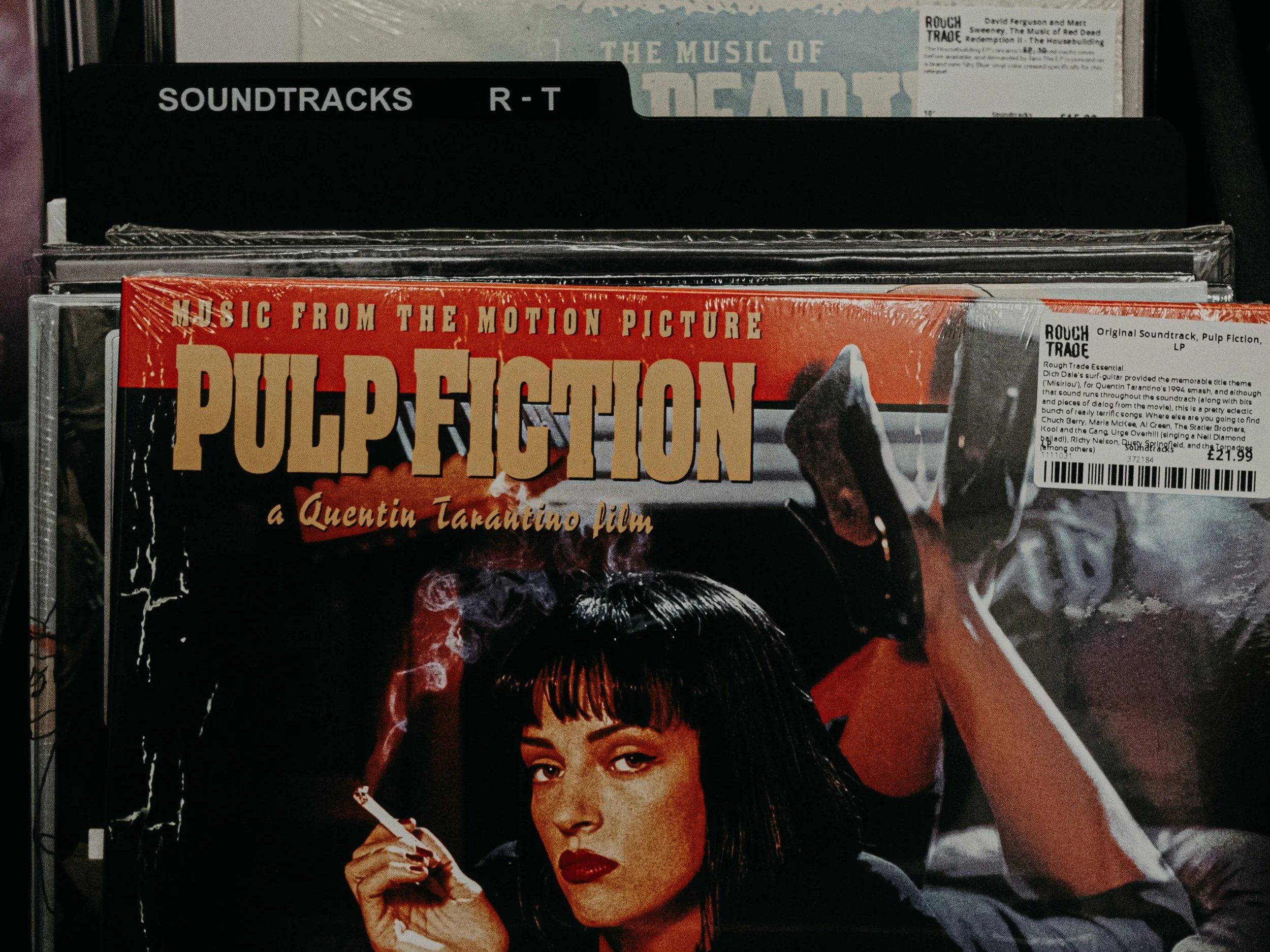







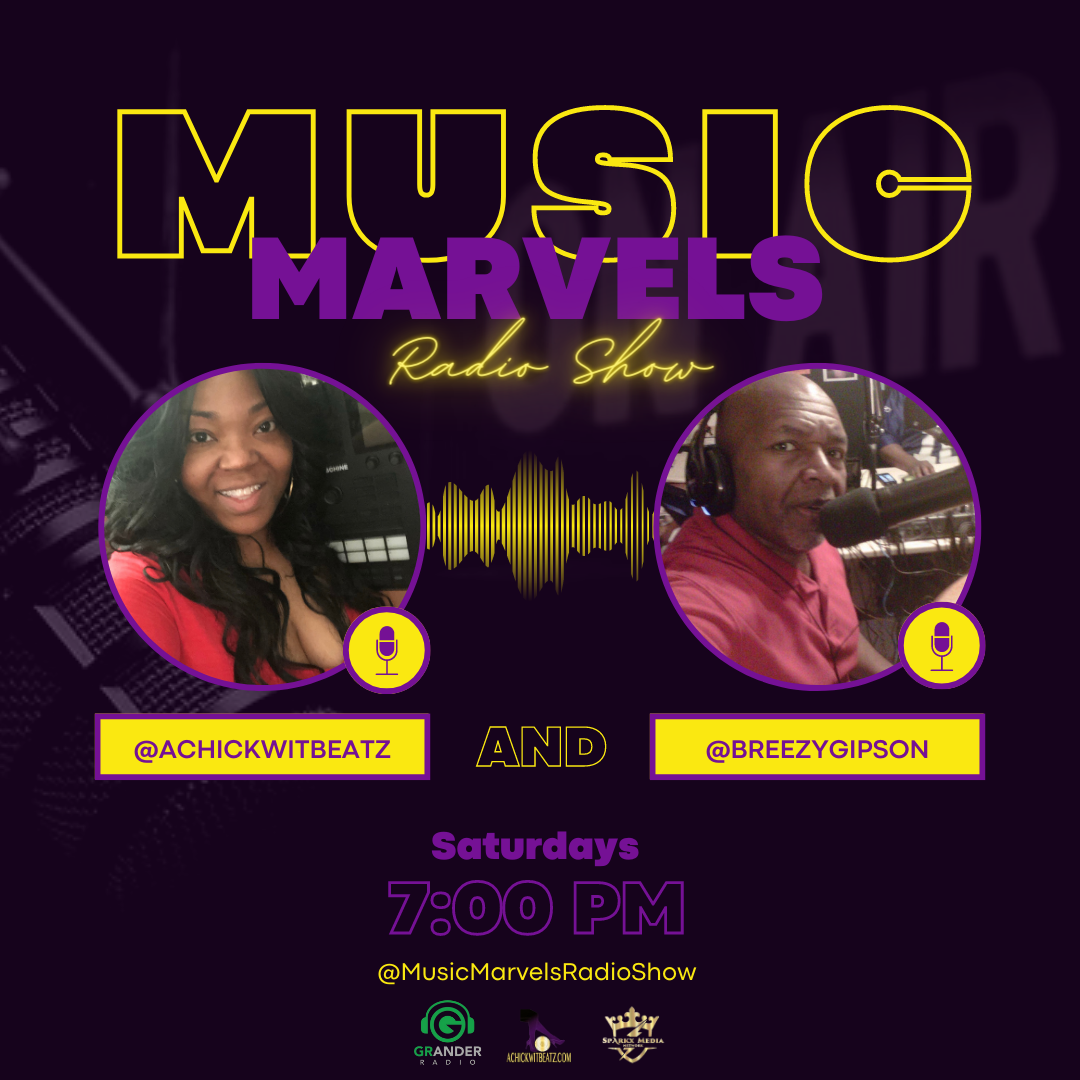
![Hear Here: Achickwitbeatz - Dopamine & Serotonin [Single]](https://images.squarespace-cdn.com/content/v1/52b0b90ae4b0293bfed0d692/1710852808557-EZYGFDIBHLBSIRFOVS1Q/Dopamine+%26+Serotonin.JPG)


